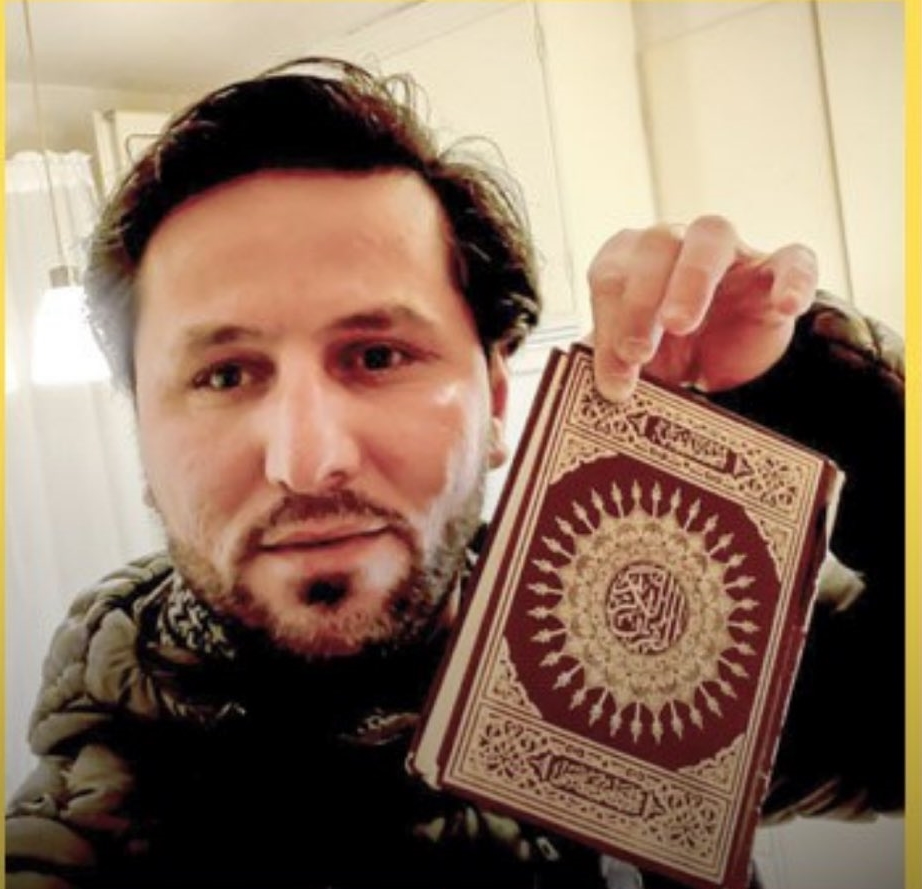Salman Momika, the man who recently ignited a firestorm by burning pages of the Quran, the holy book of Islam, in Sweden, has become a center of attention and controversy. His provocative act has sparked outrage among millions of followers of Islam worldwide, drawing severe criticism and raising concerns about security. As we delve into this issue, let’s take a closer look at who Salman Momika is.
Salman Momika is an individual who intentionally burned pages of the religious text outside a mosque in Stockholm. His actions have ignited widespread protests and condemnation in the Swedish capital, while infuriating people across the globe. In a surprising turn of events, Momika even publicly announced his intention to burn another Quran within a span of 10 days, further intensifying the controversy.
At 37 years old, Salman Momika carried out this act during the Muslim festival of Eid al-Adha and the conclusion of the annual pilgrimage to Mecca in Saudi Arabia. Consequently, the incident stirred anger not only in the Middle East but also beyond its borders.
Initially, the Swedish police granted Momika a permit based on free-speech protections. However, they later launched an investigation into “agitation against an ethnic group,” as he had performed the burning in close proximity to the mosque. Despite this, Momika expressed his awareness that his actions would provoke strong reactions and revealed that he had received “thousands of death threats.”
While acknowledging that the police have the right to investigate whether the burning constitutes a hate crime, Momika denied any intent to incite hatred or target a specific group. He emphasized that he himself belongs to the same group and believes that it would ultimately be up to a court to determine the outcome of the case.











